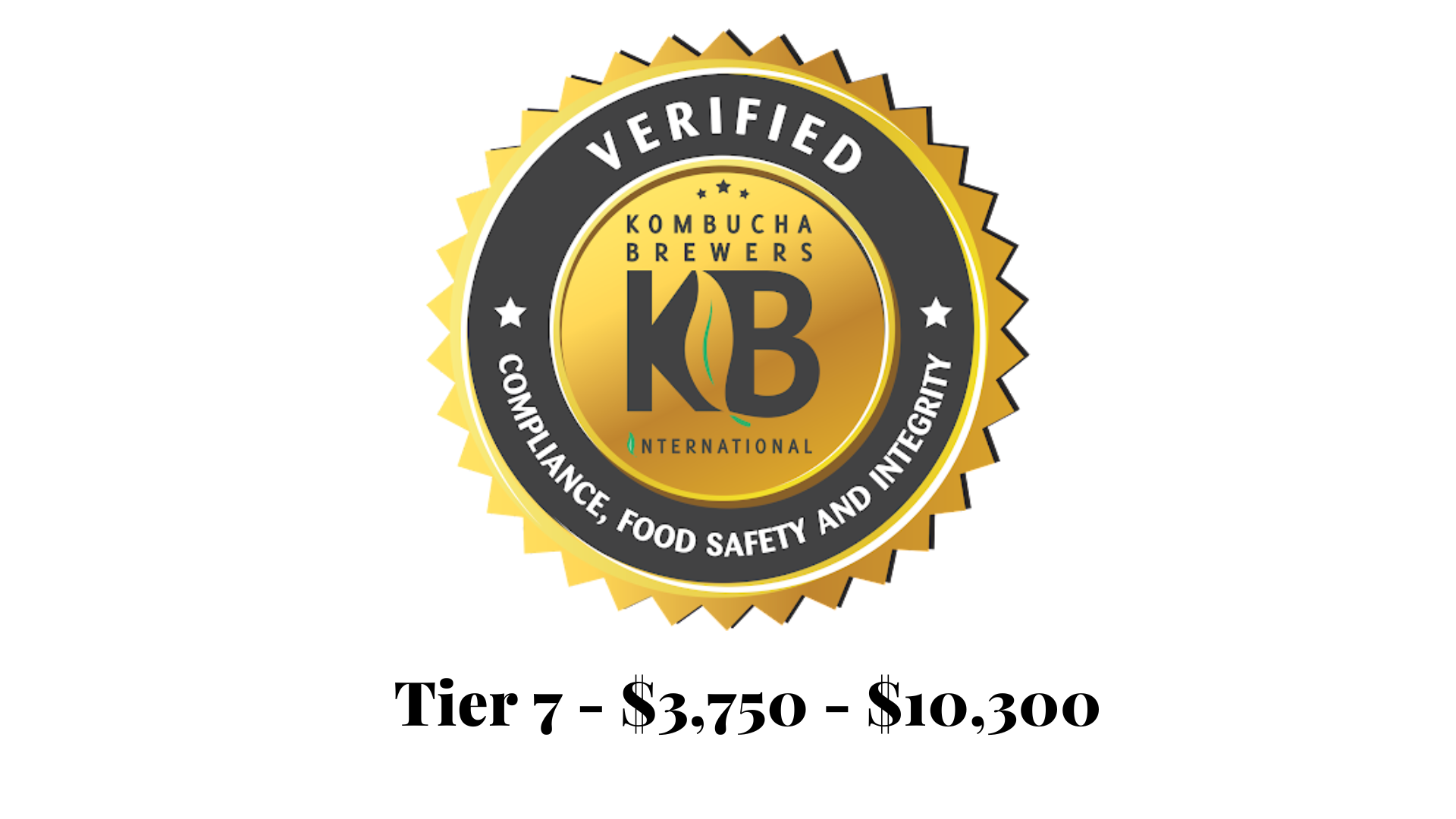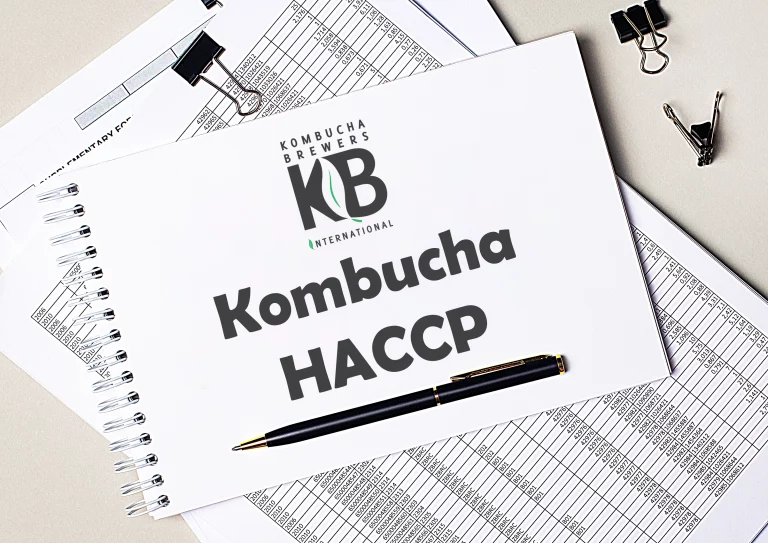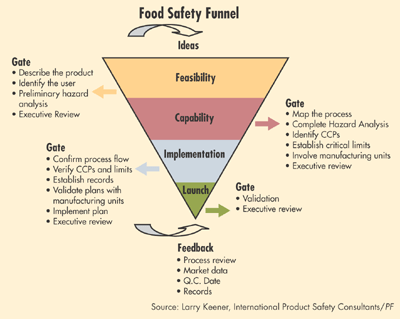
About Us
Menu
Advertising
Menu

FSMA (Food Safety Modernization Act) is a federal law enacted in January of 2011 in the United States that aims to ensure the safety of the food supply. To be in compliance with FSMA, a business must implement a food safety plan that includes, but is not limited to, a HACCP plan.
However, Food Safety Plans are not unique to the United States. Many countries around the world have food safety regulations that require food businesses to implement a food safety plan. Some of the countries include:
It is important to note that the specific requirements for a food safety plan will vary by country, and food businesses should consult with local authorities to ensure compliance with applicable regulations. At KBI we aim to support developing a Food Safety Plan as it is a framework for understanding every aspect of your business to prevent harm to your customers, employees and yourself!

FSMA (Food Safety Modernization Act) is a federal law in the United States that aims to ensure the safety of the food supply. To be in compliance with FSMA, a business must implement a food safety plan that includes, but is not limited to, a HACCP plan. In addition to HACCP, a business may also need to comply with the following requirements, depending on their specific operations and the type of food products they produce:
It is important to note that the specific requirements for compliance with FSMA will vary depending on the type of food product and the specific operations of the business.
Hiring a consultant can cost beaucoup bucks which may put compliance out of reach especially for those just starting out. KBI has made it simple for you to generate your own HACCP plan for a fraction of the price!
Here’s what’s included:
Plus our Member Forum is the perfect place to ask questions and share your plan with others for feedback. Join the community committed to your success – become a member today to take advantage of the many resources, educational video library, discounts on KombuchaKon, Kombucha Kup and so much more!

No spam. We never sell your data. Update your preferences or unsub anytime.

Nicole Leon, Verde Sol, Belen, Costa Rica Q: When did you first discover kombucha? A: I first discovered kombucha 5 years ago. Q: Why did
Willie Kennon, Rogue Kombucha, Grants Pass, OR Q: When did you first discover kombucha? A: I started drinking kombucha around 2011 Q: Why did you
Salonii Hamirwasia, Zoh Probiotics, Mumbai, Maharashtra, IND Q: When did you first discover kombucha? A: I first discovered kombucha in 2003 Q: Why did you start
Exciting Changes to Our 2024 Events Amidst KBI’s Transition and Post-COVID Pivot As we navigate a transition period with new leadership and adjust our strategies